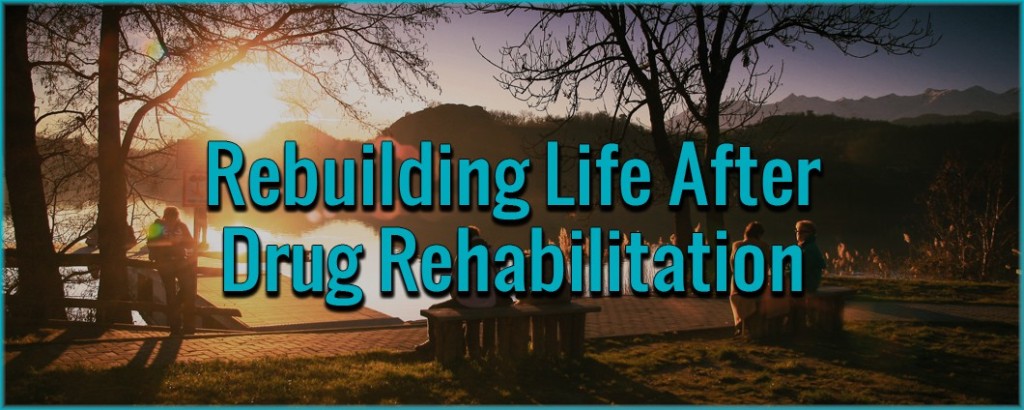
25 Feb Rebuilding Life After Drug Rehab
So you’ve completed your rehab program in a designated treatment facility, but now what? Submerging yourself back into the real world after being surrounded by such a positive environment for a month or more can be an intimidating and scary time, there’s no hiding that fact. However, there are ways to better prepare you for moving on after rehab.
We get it. When you’re in treatment, you’re surrounded by people who understand the goals you are trying to achieve and support you 100%, and you’re also in a controlled environment (something the real world doesn’t provide), so leaving that comfort takes preparation. Making it through rehab voluntarily is a huge achievement in itself since addiction deals with a strong dependency, but the risk of relapsing never goes away. While it’d be easier if we just had an addiction switch we could flip on and off, we don’t, so we need to prepare accordingly.
Challenges of Moving on After Treatment
- Leaving rehab means leaving such an extensive amount of support.
- When you leave your treatment center, you’re coming face-to-face with former temptations.
- Upon returning home, there’s the risk of peer pressure from anyone who did not support your decision to quit. Confronting those who knew you when you were an addict can be difficult, regardless of whether it’s family or friends.
- In LGBT rehab, there’s the single focus of getting sober. However, there are so many other concerns in the real world that can cause stress, especially financials.
Leaving Treatment
The only thing that can help you prepare for leaving rehab is preparation. Your treatment program should help with getting you focused for the move as well as helping your organize and prioritize. When you’re coming up on your last few days of treatment, you want to take full advantage of every tool offered to you. This includes learning on what you should expect if you choose to go home, and how to deal with challenges that may inevitably arise. Treatment programs are essentially training grounds, and while you train, you want to work as hard as you can so you’re prepared for the event, which is the outside world in this analogy.
Dealing With Life after Rehab
There are ways to make your transition out of treatment easier on yourself, and at Florida Recovery Group, we’re one of those helping hands. Some of the ways you can better take care of yourself after treatment include:
- Seeking additional support which we provide at Florida Recovery Group.
- If you stay in the same area as your former program, continue to go to the same AA meetings you attended while in treatment. If you’re moving away or back home, your treatment center should be able to provide you with a list of meetings in your area.
- Do your best to complete 90 meetings in 90 days starting the day you leave treatment.
- Find a hobby that relaxes you, that way if you become stressed, you have a tool that will help calm you down. Make sure it’s something you enjoy doing also.
- Find yourself a sponsor.
- Stay in touch with your former program. Whether you take down the phone numbers of other patients who were in treatment with you, or you call you therapist just to say “hello,” it’s important to stay in touch with the community that helped you through arguably one of the toughest times in your life.





